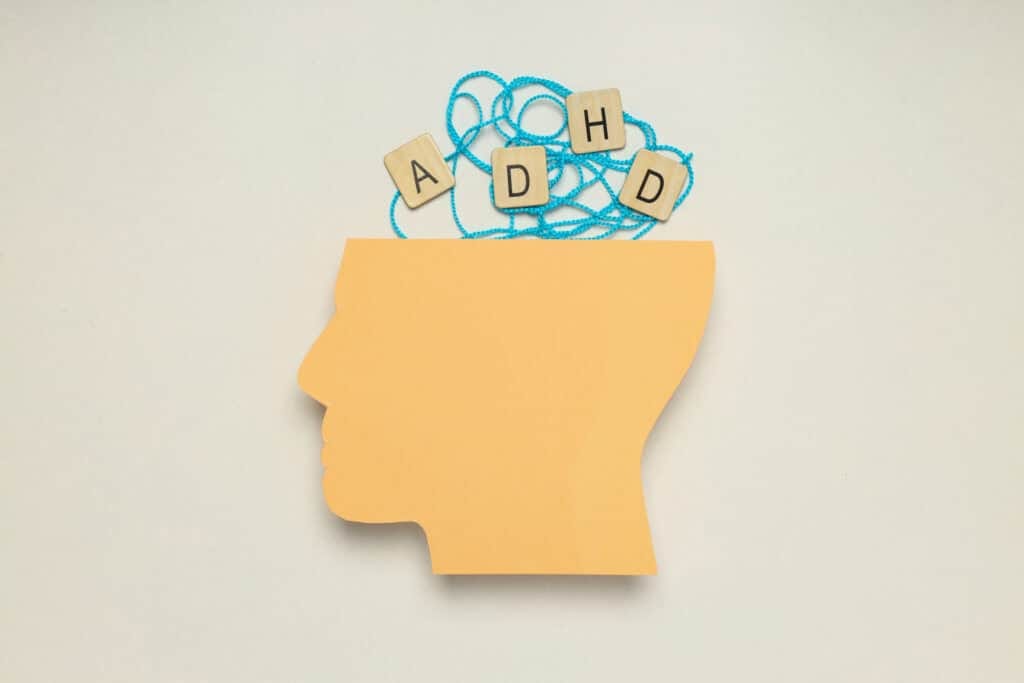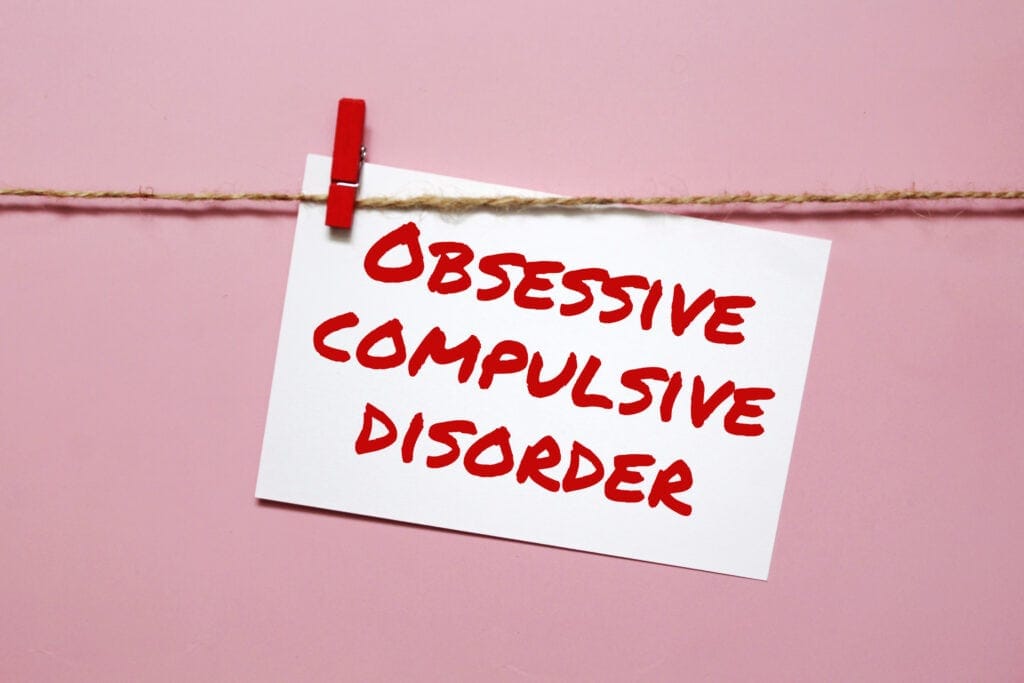The ENFP personality type is a force to be reckoned with. With their natural creativity, intuition, and desire to make positive changes in the world, ENFPs have the potential to make a significant impact on society.
However, like any personality type, ENFPs also have their unique strengths and challenges that can hinder their progress. In this article, we will explore the key characteristics of the ENFP personality type and how to unleash their full potential.
ENFPs are outgoing and social individuals who thrive in collaborative work environments that allow them to tap into their creativity. They are natural caregivers who prioritize the needs of others and have a strong desire to make a positive impact on the world.
However, ENFPs also value their alone time and tend to be introspective, reflecting on their thoughts and emotions. This balance between social and introspective tendencies allows ENFPs to be both empathetic and insightful.
In the following sections, we will explore the unique strengths and weaknesses of the ENFP personality type, as well as their relationships, values, and motivations.
Key Takeaways
- ENFPs are outgoing, creative, intuitive, and energetic individuals who thrive on social interaction and building connections with others.
- They possess a keen intuition that helps them make quick decisions based on their instincts, and they are adaptable and flexible in their approach to work and life.
- ENFPs are great team players and are motivated by a sense of purpose and meaning, guided by their values and a desire to impact the world positively.
- While they may struggle with structured or routine tasks/workplaces, ENFPs excel in careers such as counseling/therapy, writing/journalism, teaching, coaching and development, and sales. They also prioritize maintaining strong connections with their loved ones in family relationships.
Personality Type Overview

The ENFP personality type, which stands for Extroverted, Intuitive, Feeling, and Perceiving, is a type defined by MBTI that represents 8.1% of the US population.
ENFPs are known for being friendly, energetic, and creative, with a natural ability to connect with people on a deep level. They love their alone time but also thrive on social interaction and building connections with others.
ENFPs possess a keen intuition that helps them make quick decisions based on their instincts. When it comes to decision-making, they tend to prioritize their values and morals over practicality. They enjoy exploring new ideas and perspectives, and are open-minded and curious.
In their friendships, ENFPs are outgoing and sociable, making them more likely to have large groups of friends. They prioritize maintaining strong connections with their loved ones but may struggle with family members who are controlling, demanding, or overbearing.
Key Characteristics
With a natural ability to connect with others on a deep level and a keen intuition that guides their decision-making, individuals with the ENFP personality type possess key characteristics that set them apart from others.
ENFPs thrive on social interactions and possess a unique energy that can be infectious. They’re creative and innovative, making them great team players in work environments that encourage them to tap into their creative side.
Exploring ENFP creativity involves a process of generating new ideas and inspiration. ENFPs enjoy exploring new perspectives and are open-minded, making them great at brainstorming. They possess a natural talent for thinking outside the box and envisioning new possibilities.
Leveraging intuition is also a key characteristic of the ENFP personality type. ENFPs make quick decisions based on their instincts, and their intuition helps them in problem-solving. They’re adaptable and flexible, which allows them to navigate complex situations with ease.
Career Paths

ENFPs thrive in careers that allow them to tap into their creativity and work collaboratively with others towards a common goal. They crave jobs that are dynamic and allow them to explore their ideas and passions.
Here are some career paths that ENFPs may find fulfilling:
- Counseling/Therapy: ENFPs have a natural ability to connect with people on a deep level and offer emotional support. They are empathetic listeners and are able to provide guidance and advice to those who need it.
- Writing/Journalism: ENFPs love to express themselves through writing and storytelling. They are able to communicate their ideas in a clear and compelling way, making them great writers and journalists.
- Event Planning: ENFPs are creative and detail-oriented, making them great event planners. They are able to visualize the big picture and make sure that everything runs smoothly.
- Coaching and Development: ENFPs are natural leaders and enjoy helping others reach their full potential. They are able to motivate and inspire others, making them great coaches and trainers.
Navigating challenges is important for ENFPs, as they may struggle with structured or routine tasks/workplaces. It’s important for them to find careers that allow them to be creative and work collaboratively with others.
Finding fulfillment in their work is crucial for ENFPs, as they’re motivated by a sense of purpose and meaning.
Strengths and Weaknesses

Harnessing the strengths and weaknesses of the ENFP personality type can lead to a more fulfilling and successful life. ENFPs are known for their creativity, intuition, and positive energy, which can make them successful in various fields such as counseling, teaching, and social work.
However, like any personality type, ENFPs have their weaknesses that can hinder their success if not addressed appropriately. Exploring ENFP weaknesses can help individuals understand their limitations and work on overcoming them.
ENFPs may struggle with following routine tasks and may find it challenging to stick to a schedule. They may also have a tendency to procrastinate or get sidetracked by new ideas, which can impact their productivity. Additionally, ENFPs may struggle with making tough decisions and may avoid conflicts, opting for harmony instead.
Overcoming these challenges may involve developing time management skills, setting specific goals, and learning how to communicate effectively in difficult situations. By addressing these weaknesses, ENFPs can unleash their full potential and achieve their goals.
Relationships and Social Interactions

Navigating relationships and social interactions can be a breeze for individuals with the ENFP personality type, as they possess a sociable and outgoing personality that makes it easy for them to connect with others. ENFPs prioritize building strong connections with their loved ones, whether they’re romantic partners, family members, or friends. They’re natural caregivers and have a talent for making their partners feel loved and valued.
However, ENFPs may struggle with commitment, as they tend to idealize their partners and may have difficulty settling down with just one person. ENFPs are outgoing and friendly, making them more likely to have large groups of friends. They enjoy spending time with others and thrive in social situations. They’re naturally curious and open-minded, which makes them great conversationalists and listeners.
Despite their struggles, ENFPs are known for their ability to build meaningful connections with others and are valued for their positive and caring nature. However, their idealistic nature may lead them to trust others too easily, which can sometimes lead to disappointment and heartache.
Values and Motivations
Individuals with the ENFP personality type are motivated by a sense of purpose and meaning, guided by their values, and driven to make a positive impact on the world. They have a strong desire to understand themselves and the world around them, and they often find this understanding by exploring their own values and beliefs. ENFPs are known for being open-minded and curious, and they enjoy exploring new ideas and perspectives that can help them better understand themselves and their place in the world.
ENFPs are guided by their strong sense of values, which are often shaped by their personal experiences and beliefs. They place a high value on authenticity, creativity, and empathy, and they strive to live their lives in a way that aligns with these values. For ENFPs, finding purpose and meaning in their lives is essential, and they often seek out careers and activities that allow them to make a positive impact on the world. They are driven to help others and to make the world a better place, and they believe that they can achieve this through their creativity, intuition, and empathy.
| ENFP Values | Emotional Response |
|---|---|
| Authenticity | Trust |
| Creativity | Inspiration |
| Empathy | Compassion |
| Purpose | Motivation |
| Meaning | Fulfillment |
Resources for Personal Growth

Understanding one’s values and motivations is crucial to personal growth and development. Once an ENFP has a clear understanding of what drives them, they can begin to explore resources that will help them unleash their full potential.
One useful tool for self-discovery exercises is the Myers-Briggs Type Indicator assessment, which helps individuals better understand their personality type and how they relate to the world around them. By gaining a deeper understanding of themselves, ENFPs can identify areas for growth and development and work towards becoming their best selves.
In addition to self-discovery exercises, there are also a variety of professional development opportunities available to ENFPs. For example, they may benefit from attending workshops or conferences focused on creativity and innovation, as these events can provide valuable insights and inspiration.
ENFPs may also consider pursuing further education or training in fields that align with their interests and passions, such as counseling or event planning. By investing in their professional development, ENFPs can continue to grow and evolve, making a positive impact in both their personal and professional lives.
Frequently Asked Questions
Can ENFPs be introverted at times or are they always extroverted?
ENFPs are often known for their extroverted nature, but it’s important to note that they can exhibit introverted tendencies as well. While they thrive on social interaction and building connections with others, they also value their alone time.
ENFPs possess a unique emotional intelligence that allows them to understand and connect with others on a deep level, while also being introspective and self-aware. They’re able to strike a balance between extroversion and introversion, depending on what’s needed in a given situation.
This adaptability and flexibility is a key strength of the ENFP personality type.
How do ENFPs handle criticism and feedback in the workplace?
As individuals who value their personal connections and the impact they make on the world around them, ENFPs may struggle with receiving criticism or negative feedback in the workplace. However, handling rejection and building resilience is crucial for personal and professional growth.
ENFPs can benefit from reframing criticism as an opportunity for learning and improvement, rather than taking it personally. By focusing on their strengths and utilizing their creative problem-solving skills, ENFPs can overcome challenges and setbacks in the workplace.
Building a support system and seeking constructive feedback from trusted colleagues can also help ENFPs navigate criticism and build resilience. Ultimately, ENFPs can use their natural adaptability and positivity to turn criticism into a catalyst for growth and success.
As the adage goes, “What doesn’t kill you makes you stronger.”
Are there any famous ENFPs that people may recognize?
Famous ENFPs include Barack Obama, Ellen DeGeneres, Robin Williams, Walt Disney, and Mark Twain.
ENFP characters in pop culture include Leslie Knope from Parks and Recreation, Anne Shirley from Anne of Green Gables, and Ferris Bueller from Ferris Bueller’s Day Off.
These individuals and characters are known for their creativity, enthusiasm, and ability to connect with others on a deep level. As ENFPs, they’re guided by their values and desire to make a positive impact on the world.
Their outgoing and sociable nature has allowed them to excel in fields such as politics, entertainment, and literature.
What are some common misconceptions about ENFPs?
Misconceptions about ENFPs are common, despite their outgoing, friendly, and creative nature. Some may assume that ENFPs are unreliable, flighty, or too idealistic to be taken seriously in their career paths. However, this couldn’t be further from the truth.
ENFPs are highly adaptable and driven by a sense of purpose and meaning, making them well-suited for careers in counseling, teaching, event planning, and social work. They thrive in environments that encourage creativity and collaboration, and their natural curiosity and intuition make them excellent problem solvers.
Additionally, ENFPs are passionate about social activism and can drive change through their enthusiasm and empathy. By exploring their potential in both their careers and social activism, ENFPs can make a significant impact on the world around them.
Are there any specific challenges ENFPs may face in their personal relationships?
ENFPs, while known for their friendly and outgoing nature, may face certain challenges in their personal relationships.
Navigating emotions can be difficult for ENFPs, as they tend to prioritize their own feelings and may struggle to understand the emotions of others.
Additionally, communication styles can be a challenge, as ENFPs may be prone to idealizing their partners and avoiding conflict.
However, with their natural empathy and desire to connect with others, ENFPs can work to overcome these challenges and build strong, meaningful relationships.
It may be helpful for ENFPs to communicate openly and honestly with their partners, while also practicing active listening and striving to understand their partner’s perspective.










